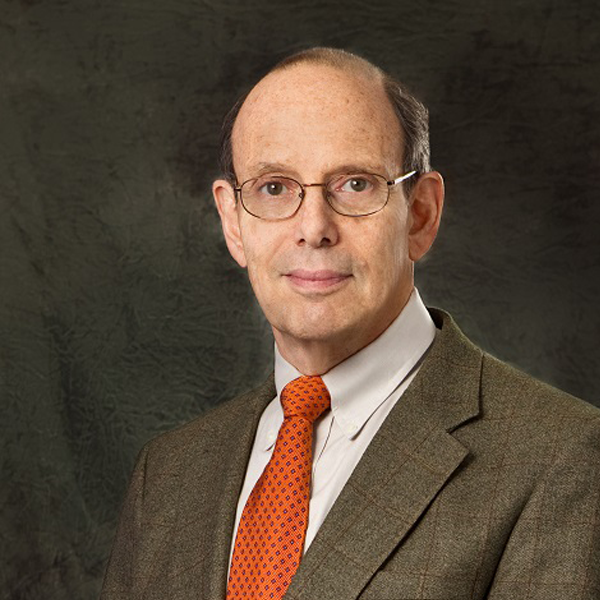Takeaway
My experience of feeling helpless through my grandchild’s illness reminded me that kindness, empathy, and honesty are central to giving clinically excellent care.

Passion in the medical profession | July 27, 2021 | 3 min read
By Ivor Berkowitz, MBBCh, MBA, Johns Hopkins Medicine
I’m a pediatric intensivist and pediatric anesthesiologist who works at the Johns Hopkins Charlotte Bloomberg Children’s Hospital. This vignette of my personal experience of my grandchild’s illness reinforces the important role that clinicians play in the lives of their patients and their patients’ family members and why pursuing excellence is so crucial to our clinical work.
As a grandfather of four grandchildren, I often try to place myself in the position of the parents and families of my critically ill patients. I’m filled with awe at their love, strength, resilience, fortitude, bravery and hope. I ask myself what attributes and skills of clinical excellence I would wish for in a physician taking care of one of my grandchildren, should one of them become a patient in a PICU. I was suddenly faced with this awful situation several years ago.
I received a telephone call from my daughter-in-law, a thousand miles away, very worried about my then infant grandson who had that day become progressively more lethargic, weak, and floppy. He couldn’t hold his head upright and he slid like a rag doll through her arms when she picked him up. I could hear over the phone that his cry was weak and muffled. He could only whimper. Fear and panic rose through my being. I made a telephone diagnosis of infantile botulism or maybe Guillain Barre Syndrome or acute flaccid myelitis? But maybe it was something much worse, not reversible or curable. My son and daughter-in-law were terrified as were my wife and I. My precious grandson was rushed to the regional children’s hospital where he was admitted to the pediatric intensive care unit (PICU) with generalized weakness.
I didn’t know the people who would look after him, but I knew what skills and attributes I would wish for in the healthcare professionals who would care for him. I wished for them to be kind, considerate, empathic, and to understand how terrified our family was. I wished for a smart, knowledgeable, and caring doctor and team who would be honest and sincere, in whom our family could trust and who would communicate respectfully with each other. I wanted the physicians to be ethical and to be able to communicate clearly and in language my children could understand and who would treat them as they would want one of their own critically ill family members to be treated. I wished for my grandson’s doctor to take a thorough history and to examine him under the gaze of his parents. I wished for the ritual of the doctor to touch him with healing hands.
I’m a firm believer in the academic medical center where teaching is a core value. I wished for medical students, residents, and fellows to gather around his bed and for the attending to thoughtfully consider and teach them about the differential diagnosis of acute onset weakness in a baby. Was the lesion in the cortex, the brain stem, the anterior horn cell, the peripheral nerve, the neuromuscular junction, or the myocyte? I wanted them to see what a “floppy” baby looks and feels like. I wished for this doctor to also talk to the learners about how to explore the impact that this “bolt from the blue” had on our family and how they could help and support us.
I believe that we must teach these components of clinical excellence by being good role models. I hope that I’ve set an example and taught these principles and skills to my PICU team.
My grandson is now a perfectly healthy, smart boy who is a master of Legos, loves playing Minecraft with his friends, and teasing his teenage sister. He improved after several days of monitoring and supportive therapy in the PICU and was discharged home. No specific diagnosis was ever made. He’s now at overnight camp having, as he says, “The time of his life.”
The helpless feeling I experienced sometimes rears its head when I see a new patient and I remember that every patient is someone’s grandchild.
This piece expresses the views solely of the author. It does not represent the views of any organization, including Johns Hopkins Medicine.

